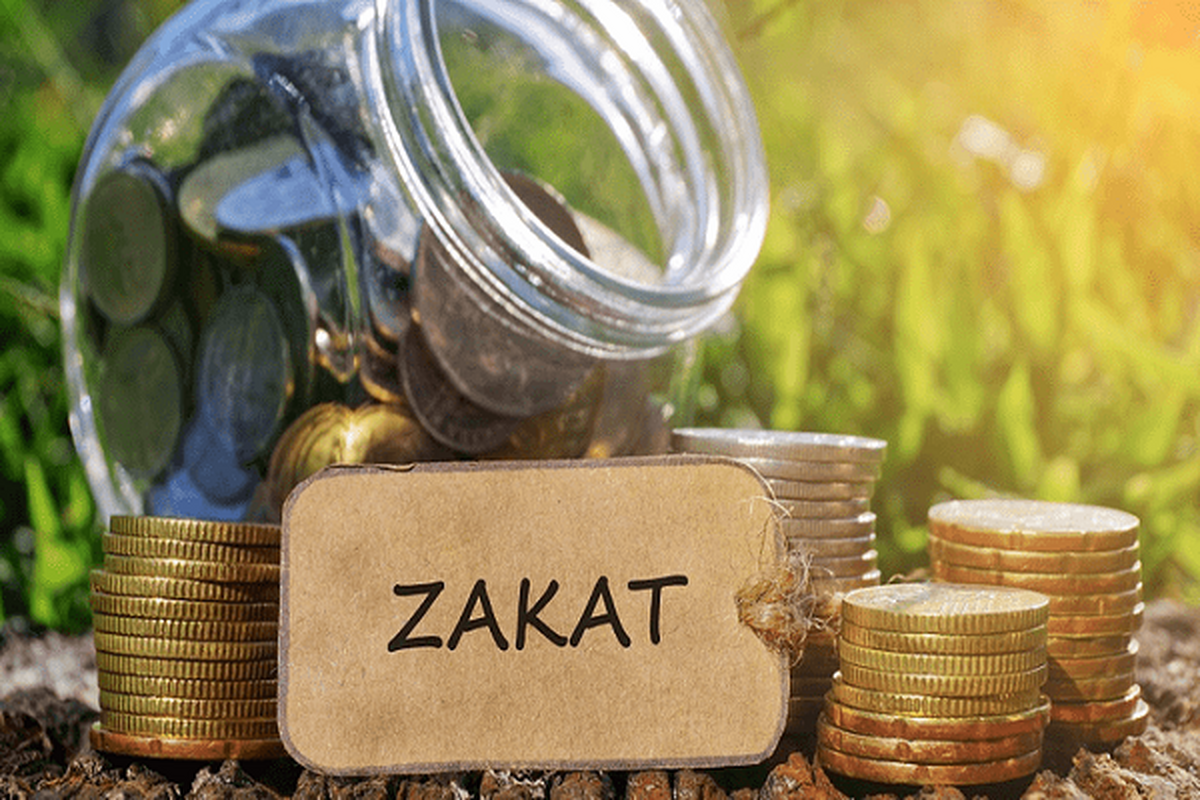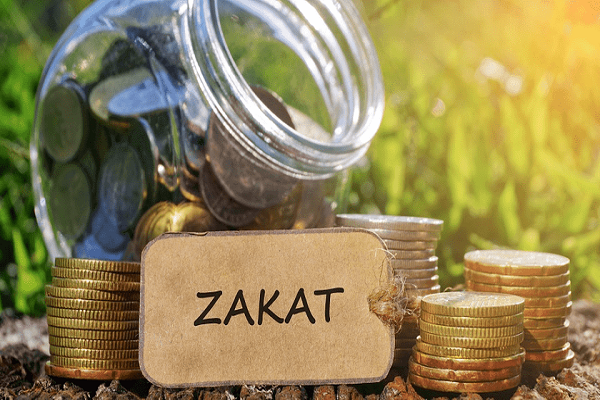What Quran, Hadiths Say about Results of Paying Zakat


According to Verse 18 of Surah At-Tawbah, paying Zakat is a sign of belief in God and the Resurrection Day: “Only those who believe in God, the Day of Judgment, perform their prayers, pay the religious tax…”
Also, the way to acceptance of repentance and forgiveness of sins is through saying prayers and paying Zakat:
“If they repent and establish the prayer and pay the obligatory charity, they shall become your brothers in the religion.” (Verse 11 of Surah At-Tawbah)
God says in Verse 41 of Surah Al-Hajj: “He will certainly help those who, if given power in the land, will worship God through prayer, pay the religious tax, enjoin others do good, and prevent them from committing evil.”
And we read in Verse 37 of Surah An-Noor: “(They) are men who exalt Him there, whom neither trade nor sale can divert from the remembrance of Allah, and establish the prayers, and pay the obligatory charity; fearing a Day when hearts and eyes shall be turned about.”
And according to Verse 7 of Surah Al-Fussilat, denying Zakat is equal to Kufr: “Woe to the pagans, who do not pay zakat and have no faith in the life to come.”
There are many verses in Makki chapters of the Quran that talk about Zakat, including Verse 156 of Surah Al-Aaraf, Verse 3 of Surah An-Naml, and Verse 7 of Surah Al-Fussilat. Some Quran interpreters believe that these verses are about Mustahab (recommended) Zakat because when they were revealed, Muslims were few in numbers but after the establishment of Islamic government in Medina, paying Zakat became Wajib (obligatory) based on Verse 103 of Surah At-Tawbah: “Take charity from their wealth, in order that they are thereby cleansed and purified,…”
This verse was revealed in the month of Ramadan in the second year after Hijra. After it was revealed, the Holy Prophet (PBUH) ordered announcers to announce that God has made Zakat obligatory like prayers. And after one year, the Prophet (PBUH) ordered Muslims to pay their Zakat.
So after the establishment of the Islamic government and foundation of the Bait al-Mal (treasury), Zakat was put under a defined plan which determined how everyone’s Zakat is calculated.
And, according to some interpreters, how the Zakat collected from Muslims should be spent is explained in Verse 60 of Surah At-Tawbah.


